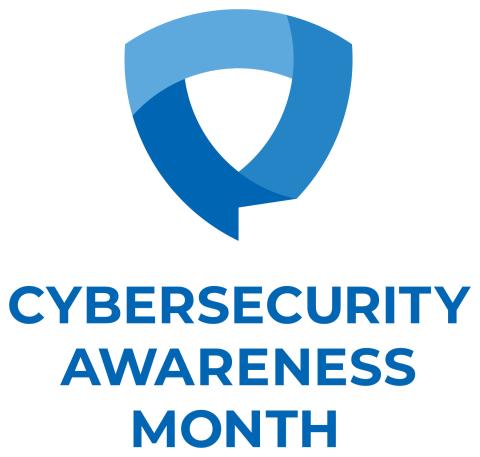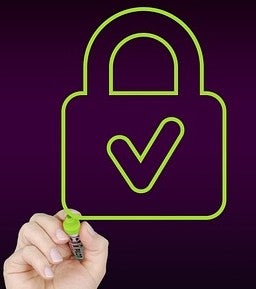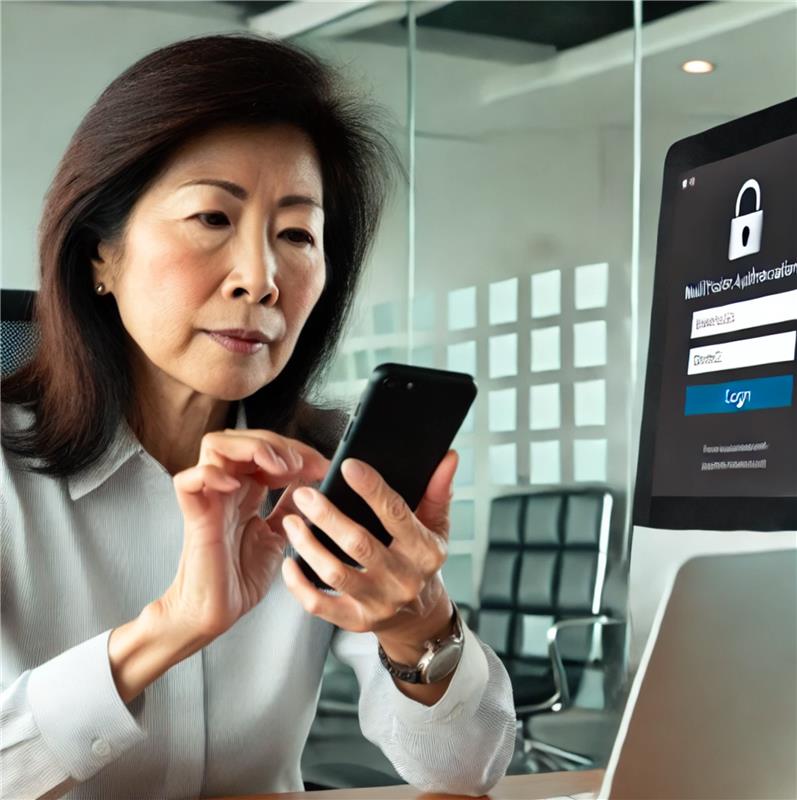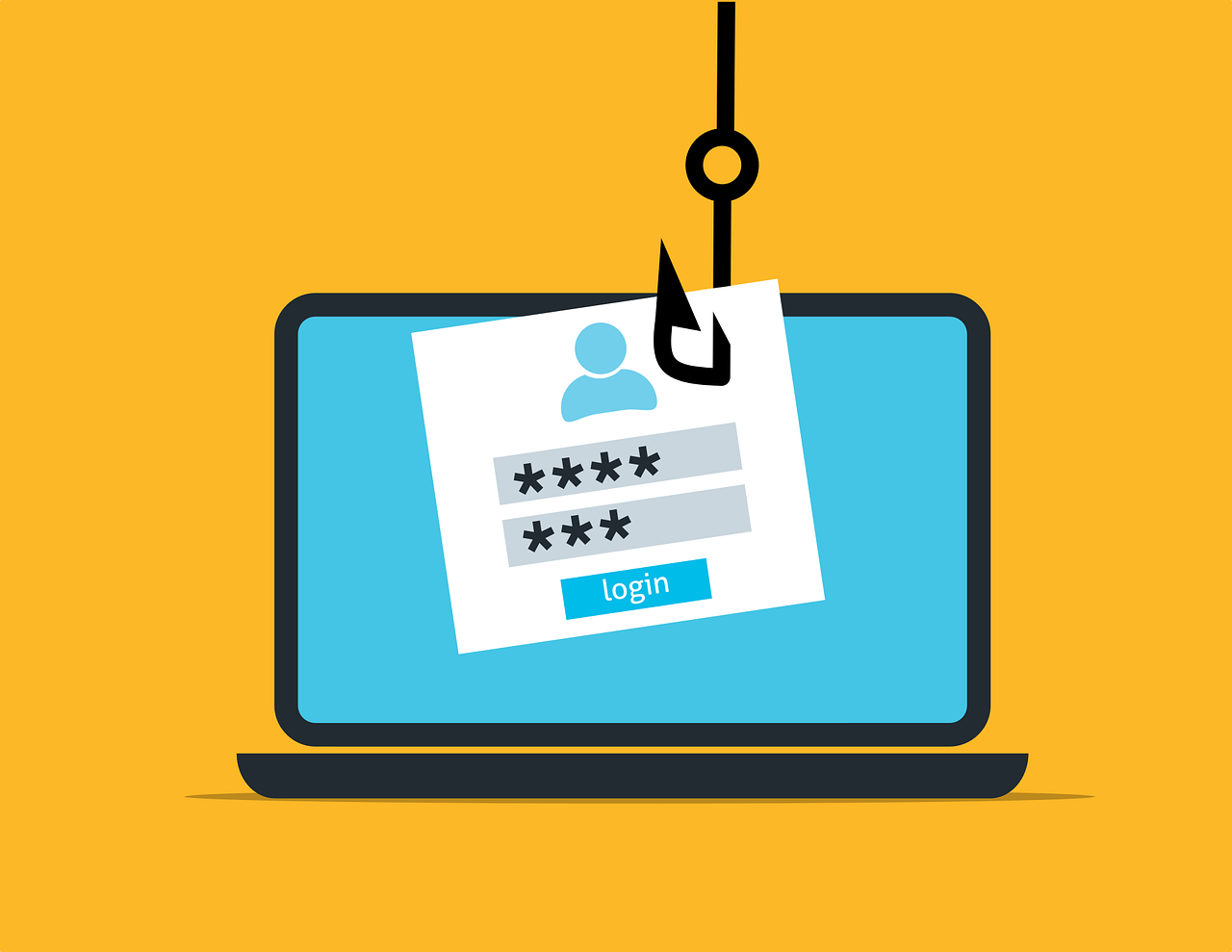
Feature Articles
This October, the University of Colorado proudly joins the global community in celebrating Cybersecurity Awareness Month 2025.
With this year’s theme, Secure Our World, we’re highlighting simple but powerful steps everyone can take to protect both personal and university data. From recognizing phishing attempts to strengthening passwords, keeping software updated, and enabling multi-factor authentication, every action makes a difference.
Use this opportunity as your chance to sharpen your cyber skills and help strengthen CU’s culture of security. Visit our Cybersecurity Awareness Month webpage to learn more.
Custom text
Information Security Training Requirement
All CU employees (faculty, staff, and student employees) must complete the university’s Information Security Awareness training course within the first 60 days of employment and every two years thereafter. Learn more about the course requirement.Why it's important to report suspected incidents
If you believe an information security incident has occurred, it's important to report it as soon as possible. This allows the investigative team to act quickly to determine the level of impact and contain the incident. Learn more about reporting.Campus Contact Information
Protecting CU’s sensitive data is a top priority for the university, especially as new threats and risks emerge daily. Each campus has a dedicated information security officer and support team focused on safeguarding our data. They are available to assist with incident reporting, general inquiries, and other security-related matters. Make note of your campus information.News
News channel
Articles

Adopt these simple yet crucial steps to keep our confidential data safe. Read More

Strong and secure passwords are essential for protecting personal and sensitive university data. Read More

MFA is a crucial security feature designed to verify your identity before granting access to accounts. Read More

Explore your campus resources when using artificial intelligence. Read more

Before clicking any links or downloading attachments, assess the email’s legitimacy. Read more

Kids are especially vulnerable to cybercrime. Teach them good security behaviors. Read more
Top Policies and Standards
Custom text
Top Policies, Standards, Guidelines to Know
IT Security Program
Serves as the core for the university's information security activities and provides general guidance.
Systemwide Security Baseline Standards
Provides guidelines for selecting and specifying security controls for organizations and information systems.
Data Classification
Provides guidelines for classifying university information and helps determine minimum security requirements necessary to keep it safe.
Collection of Personal Data from Students and Customers
Provides requirements for the collection of personal data from students and other customers of the university, and for detecting warning signs associated with identity theft.
Retention of University Records
Establishes universitywide records retention policy and records retention schedules to comply with state law and align with best practices.
Electronic Communications
Establishes electronic communication as the official means of communication and related parameters for use.
Security Guidance for Software as a Service (SaaS)
Provides security guidance for departments and teams who are considering SaaS options for their technology needs.
Visit the Policies webpage for an expanded list.




